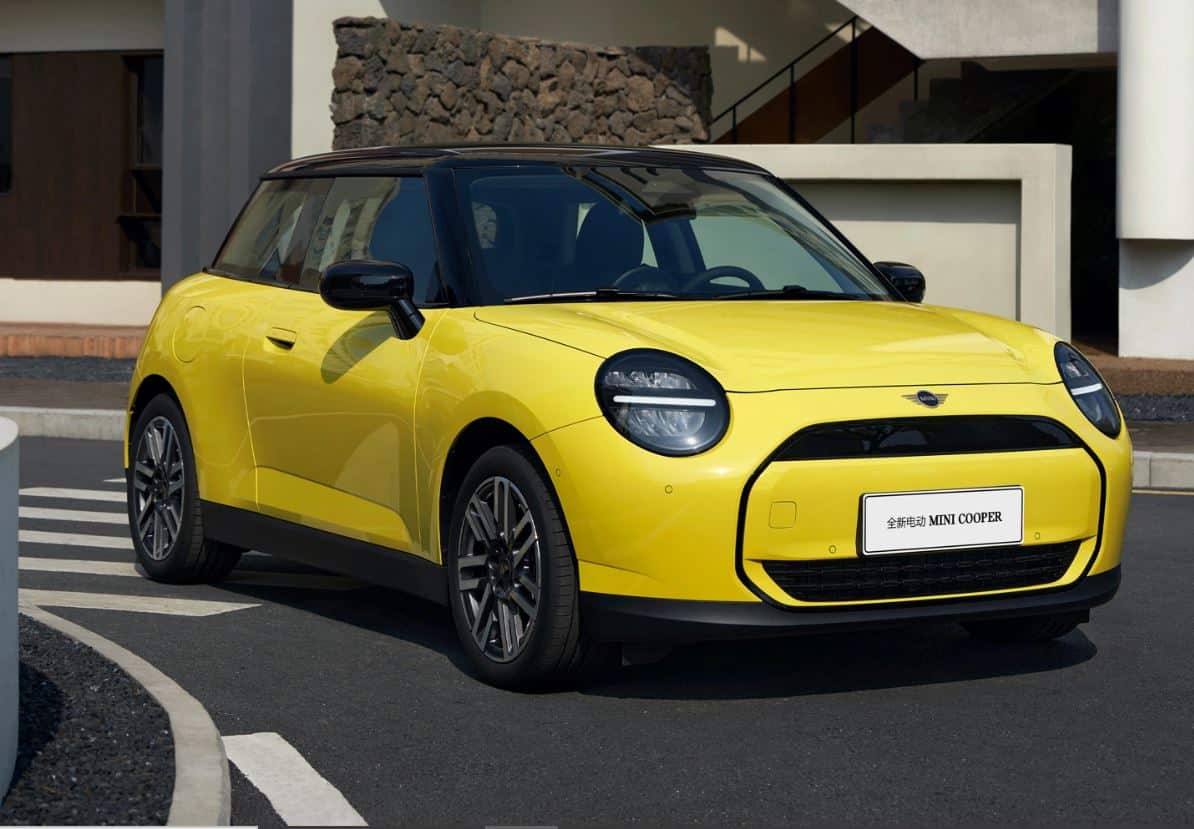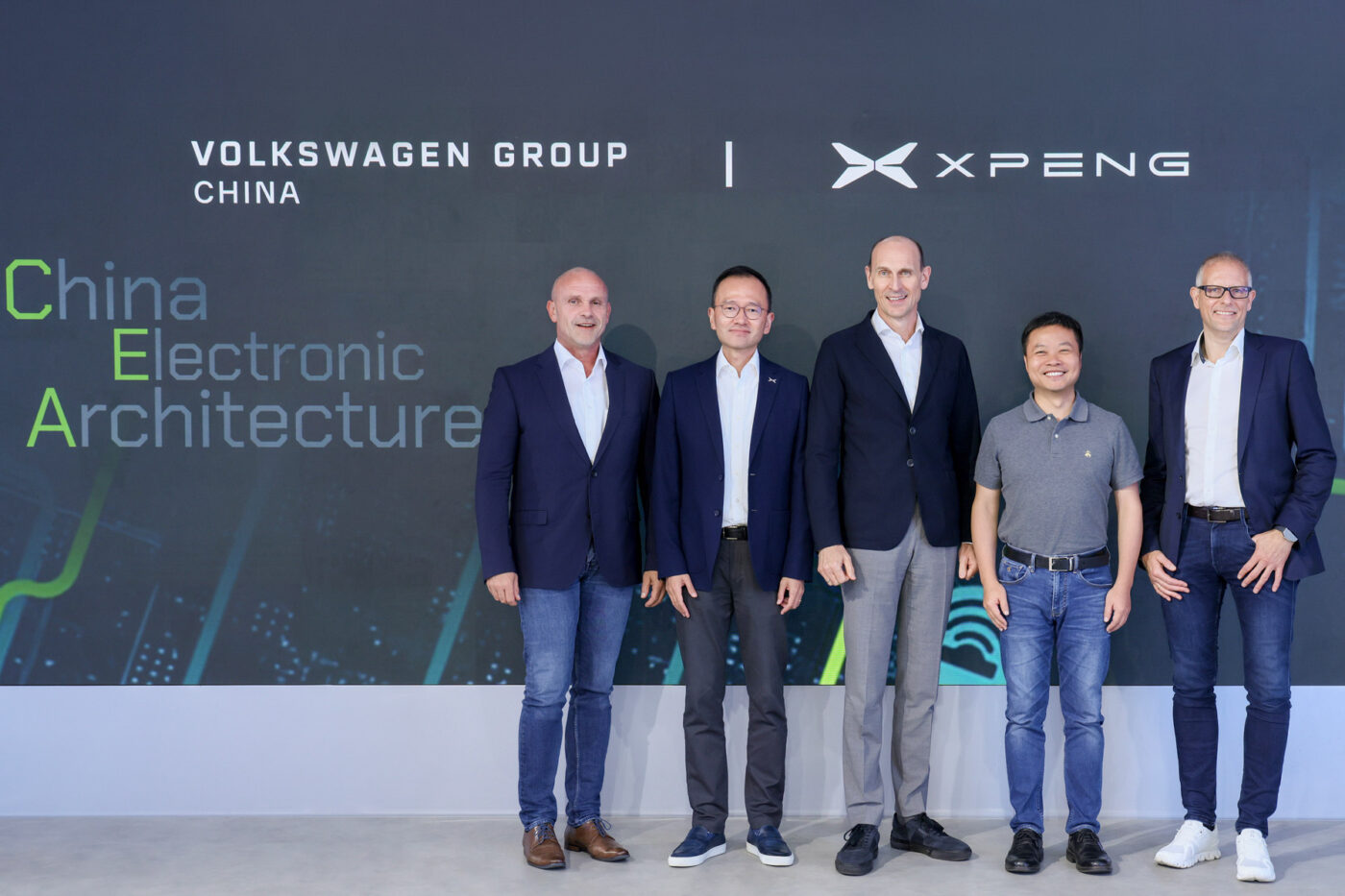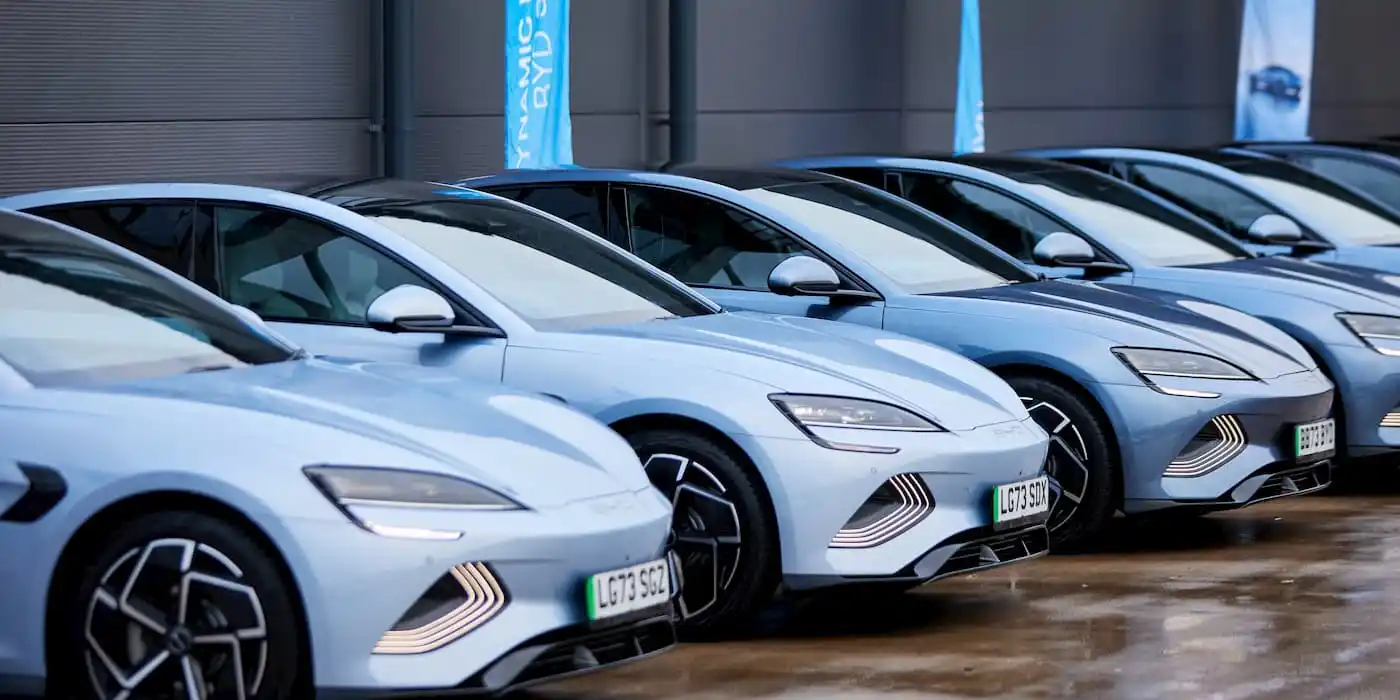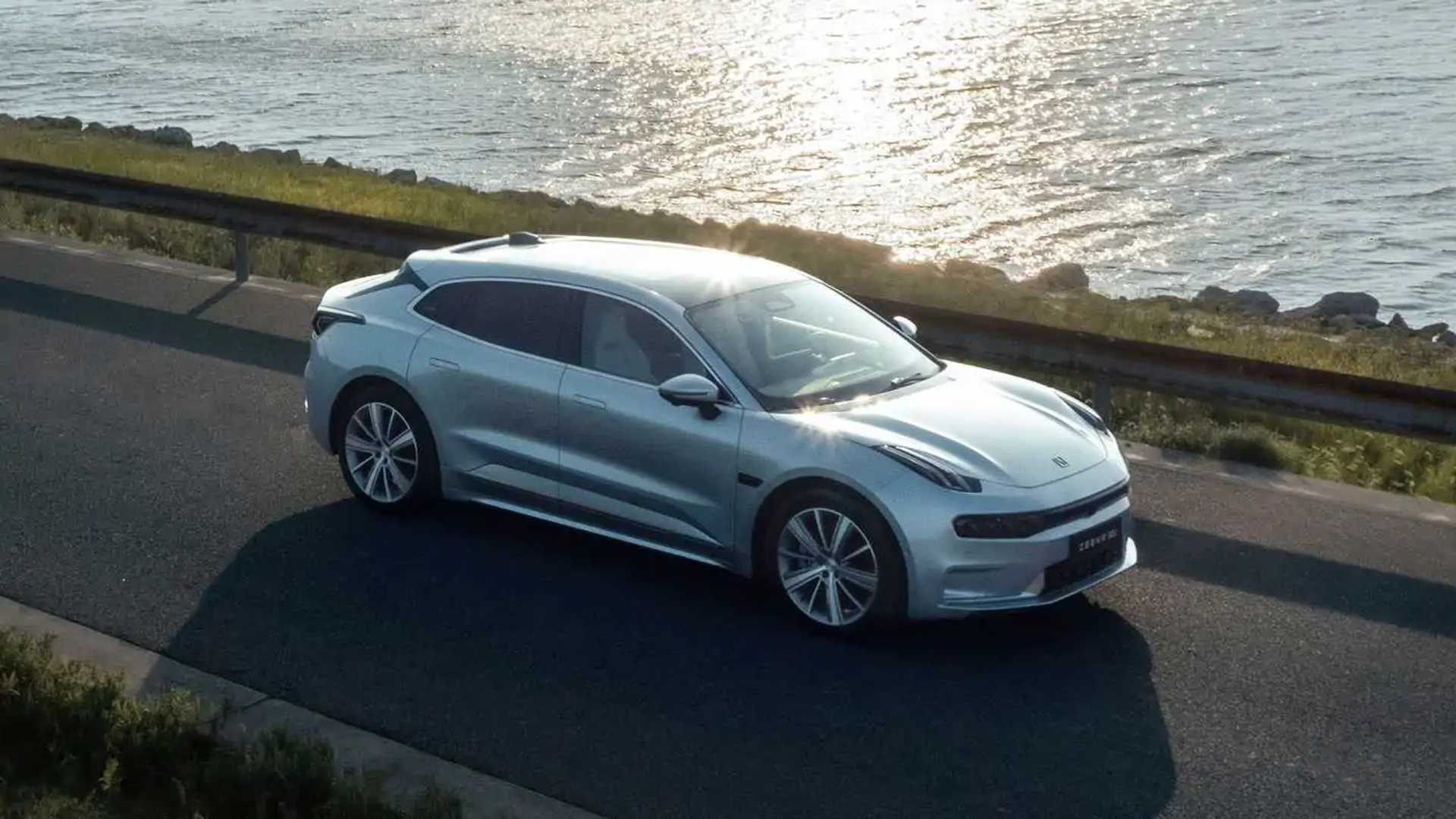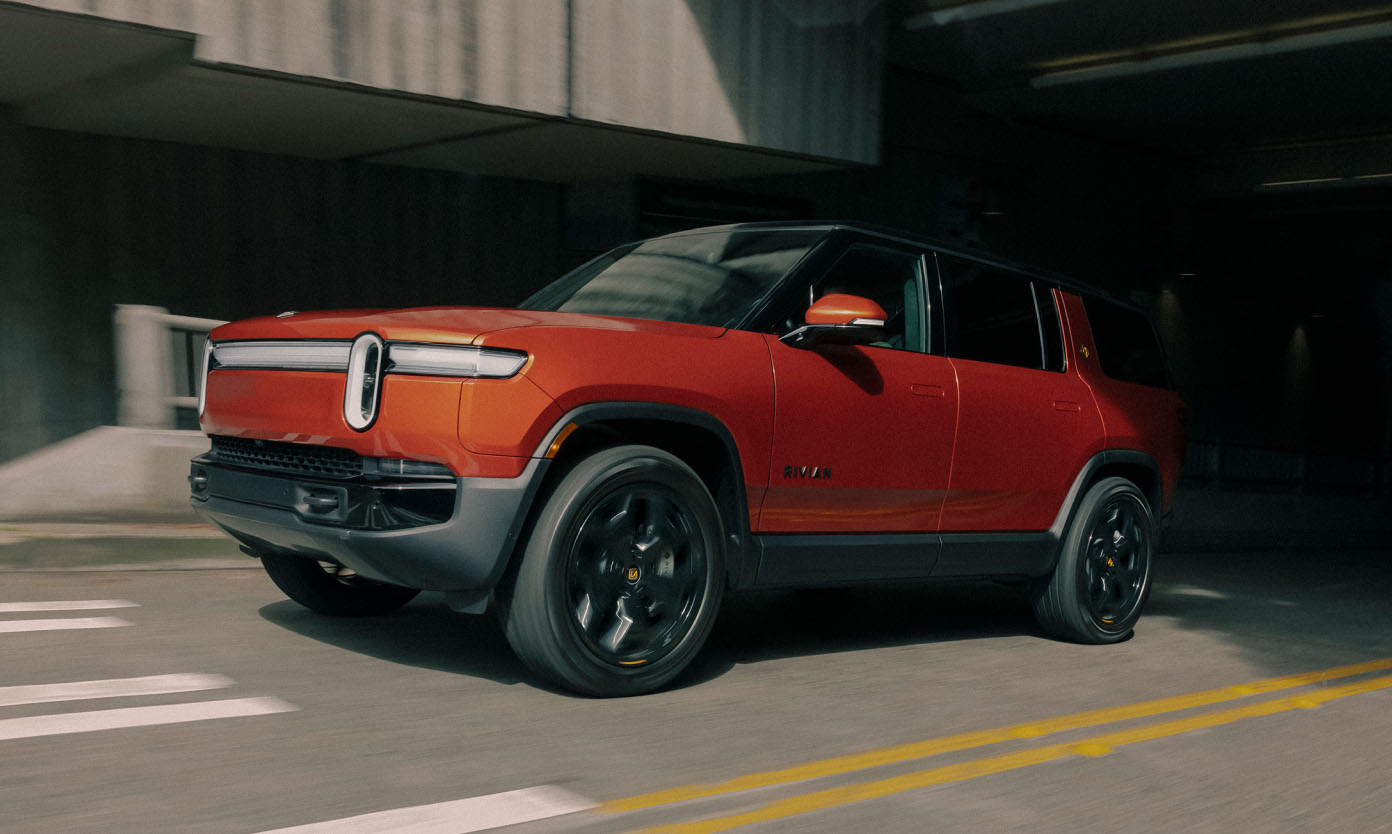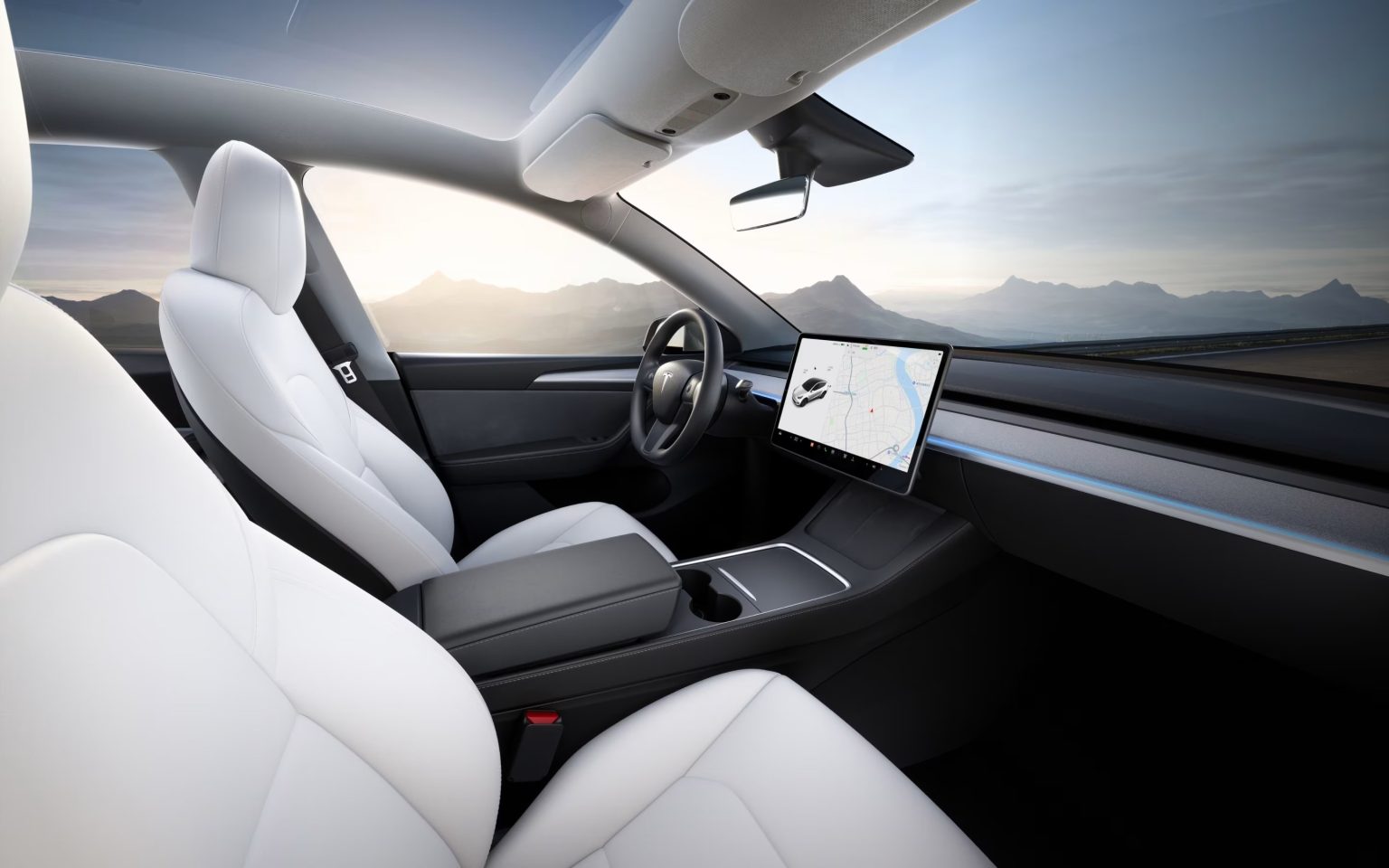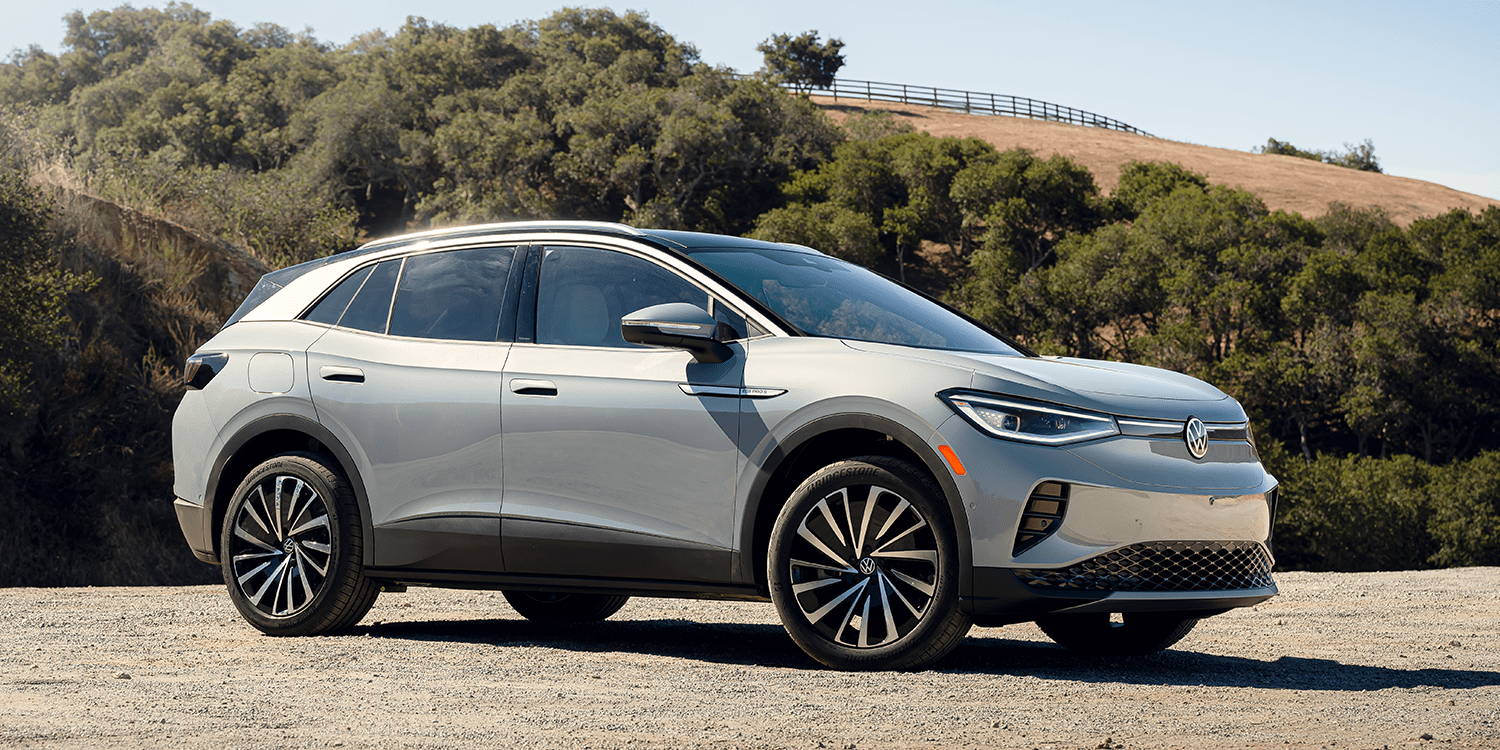The European Commission is signaling a potential tariff reduction for Volkswagen and BMW’s imports of electric vehicles (EVs) manufactured in China, sources familiar with the matter revealed today.
If approved, Volkswagen and BMWcould benefit from a reduced tariff of 20.8% for their China-made EV models, down from the current 37.6%, by being classified as cooperating companies, sources said on condition of anonymity due to the sensitivity of ongoing negotiations.
Notably, BMW’s electric Mini and Volkswagen’s Cupra Tavascan, produced by SEAT, were excluded from Brussels’ initial tariff assessments, subjecting them automatically to the highest tariff bracket.
The potential tariff adjustment marks an early compromise by Brussels amidst concerns from Europe’s automotive industry, which heavily relies on Chinese manufacturing for a significant portion of its revenue. German automakers, in particular, fear potential retaliatory measures from China, where they generated a third of their total revenue last year.
Tesla (TSLA.O), a major U.S. automaker, has separately requested its own tariff rate in response to these developments.
While the decision is pending finalization by autumn, a spokesperson for the European Commission confirmed ongoing analysis of requests from companies not yet producing battery-electric cars in China during the investigative period.
“The parties involved will receive the Commission’s proposal and will have the opportunity to provide feedback before any definitive measures are implemented,” the spokesperson added.
Volkswagen declined to comment on the matter, and BMW was not immediately available for comment.
The European Commission’s final decision on these tariffs, currently in preliminary stages, is expected to impact how European automakers navigate their production and import strategies from China moving forward.

